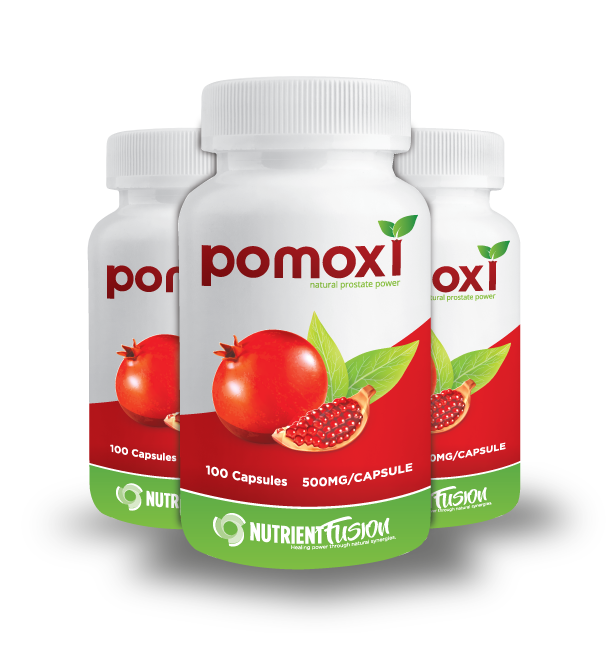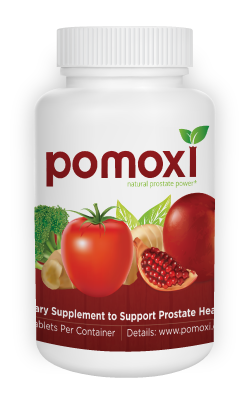Apigenin Slows LDL-Cholesterol (Bad Cholesterol) Oxidation Rates and Supports Prostate Health
Subscribe and Save 15%
BUY NOW
Plant products containing Apigenin have been used for centuries by humans to treat a variety of health conditions.
One major problem with Apigenin is its insolubility in water, but when taken orally in preparations it is able to get into the circulatory system and into the prostate gland through certain transport mechanisms.
Research has shown that Apigenin has numerous molecular targets involved in inflammation. Based on the in vivo, in vitro, and clinical trial studies, Apigenin has proven to be a potent therapeutic agent in conditions driven by inflammation. However, inflammation is a symptom, not a disease. Delayed plasma clearance and slow decomposition in the liver increases its systemic bioavailability and makes it a strong therapeutic agent in pharmaceutical studies.
Apigenin is a flavonoid derivative with three hydroxyl substituents, as suggested by its chemical name – 4,5,7-trihydroxyflavone. In plants, Apigenin also exists as a dimer, bi-apigenin, mainly isolated from the buds and flowers of Hypericum perforatum, which has neuroprotective effects.
A variety of plants, such as parsley, celery, onions, oranges, chamomile, maize, rice, tea, wheat sprouts, some grasses, etc., are known to synthesis Apigenin and its glycine derivatives.
The biological effects of Apigenin in numerous mammal systems in vitro (cell) studies as well as in vivo (whole animal) studies are related to its antioxidant and anti-genotoxic effect and its role in scavenging free radicals.
Apigenin conducts its anti-atherogenic effect by slowing LDL-Cholesterol (bad Cholesterol) oxidation rates. This is clearly an added benefit for humans, since LDL-Cholesterol oxidation is the initiating event in foam cell formation on artery walls, the earliest step in atherosclerosis.
It is also known to reduce LPS-induced inflammation in normal intestinal epithelial cells by reducing expression of COX-2, IL-8, and TNF-α, all major inflammatory enzymes or genes that are all under the control of the master regulatory gene NFkappaB.
It has been shown that Apigenin induces a process called autophagia (a kind of cellular dormancy), which is a major health benefit for the prostate gland.
Apigenin inhibits the expression of intracellular adhesion molecules (ICAM), providing protection against inflammation in different organs including atherosclerosis in human aortic endothelial cells.
Apigenin’s Health Effects on the Prostate Gland
As mentioned earlier, Apigenin causes a form of cellular dormancy in prostate (and other) cells.
The antioxidant activity of Apigenin occurs through the increased production of endogenous antioxidant enzymes in the prostate gland.
Apigenin lowers PSA levels (Prostate Specific Antigen), a key marker of prostate inflammation status. This may be due to Apigenin’s lowering of the Aromatase (CYP 19) enzyme that converts testosterone into dihydrotestosterone and stimulates the growth of prostate cells. PSA is believed to be a non-specific marker of inflammation in the prostate gland.
Apigenin also lowers levels of insulin-like growth factor which causes many types of cell proliferation, including cells of the prostate gland.
Apigenin’s quick absorption in intestine and slow elimination increases its bioavailability thus, making it a good therapeutic agent to support prostate health. Although, it is not clearly understood how Apigenin produces its therapeutic effects, it is believed to be attributable to the broad-spectrum antioxidant and anti-inflammatory actions of Apigenin.


